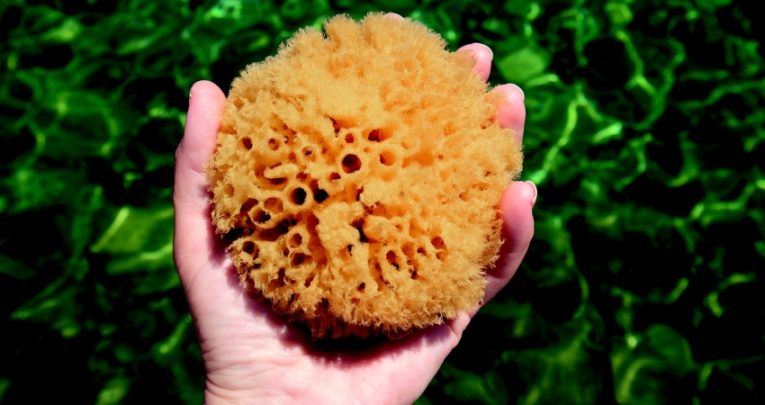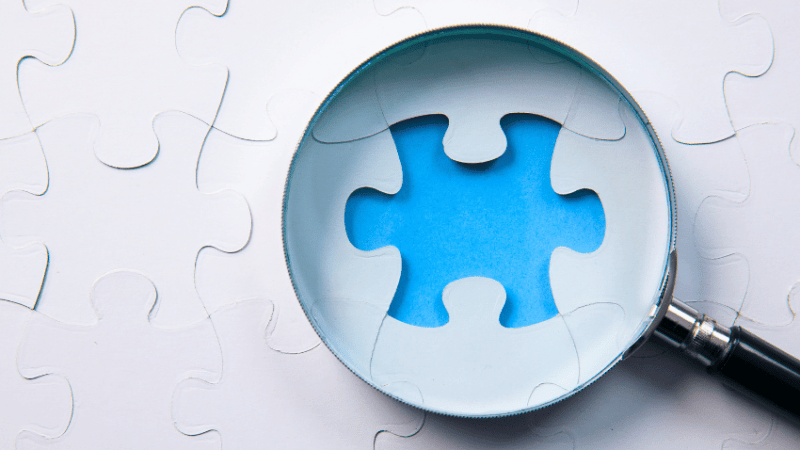Deep learning – Why your students should ‘be more sea sponge’

We can find pedagogical inspiration in the unlikeliest of places, insists Phil Mathe – including multicellular organisms beneath the waves…

- by Phil Mathe

Sea sponges are the most quirky of ocean life forms. Like that laid-back friend you love but can’t help chuckling at, they simply float around, soaking up the ‘vibes’ while everyone else gets themselves caught up in underwater drama.
However, sea sponges are also fascinating for how they feed. As water flows through the sponge, choanocytes trap food particles and filter everything back into the water. The more they take in, the more they filter.
Soak it all in
In his book Hidden Potential, Adam Grant introduces the concept of the ‘sea sponge analogy’, which emphasises the importance of allowing ideas to mature over time, akin to how a sponge absorbs water.
Grant argues that instead of striving for immediate perfection, individuals should cultivate their ideas by letting them soak in experiences, feedback, and iterations.
By adopting a ‘sea sponge’ approach, individuals can harness the power of patience and persistence in cultivating originality and innovation – because great ideas will often emerge from gradual refinement, rather than from instantaneous inspiration.
Cognitive science tells us that we all suffer from selective attention. Our brain’s ability to focus on certain stimuli while ignoring others means we constantly filter out information that we deem necessary from the wealth of other stimuli fed into our senses.
In education, this means guiding students to hone their focus in on critical concepts or information relevant to the topic, helping them sift through the vast sea of available data.
Research into cognitive load theory further tells us that our working memory has limits, and that overloading it with irrelevant information hinders effective deep learning.
Educators must therefore present information in a way that minimises cognitive load, emphasising essential concepts and reducing extraneous details.
The sea sponge analogy can be a powerful tool for educators in the process of helping students learn and grow.
By implementing strategies that align with cognitive science principles, we can develop our ideas iteratively and promote deep learning, critical thinking and creativity. Here are some ways in which we’ve sought to pursue this approach:
1. Reflective practices
It’s always beneficial to regularly reflect upon our students’ learning experiences. When educators provide students with opportunities to revisit previous lessons, projects and assignments to reflect on what worked well and what could be improved, they can soak in those experiences and incorporate their reflections into future iterations.
2. Spaced learning
Instead of cramming information for exams, we’ve found that a gradual distribution of learning activities over time has proven much more effective for us.
Revisiting key concepts periodically throughout the school year – via review sessions, quizzes and other interactive activities – has helped our students retain information more effectively and reinforced their long-term, deep learning.
3. Iterative thinking
When we have a classroom culture that values experimentation and iteration, students can generate multiple iterations of their ideas, refine them based on feedback and experience, and thus continuously evolve their thinking.
Peer collaboration, constructive criticism and self-assessment opportunities can all help to support this iterative process.
4. Failure as a learning opportunity
Creating safe and supportive environments, in which our students feel comfortable taking risks and making mistakes, has been essential for us.
When educators teach that failure is a natural part of the learning process and an opportunity for growth, students are encouraged to be resilient and persevere.
We’ve found that celebrating efforts and resilience, rather than simply focusing on outcomes and grades, has been hugely motivating.
Phil Mathe is a PE teacher, researcher, speaker and author. Alan Dunstan is the deputy headteacher of the senior school, Diplomatic Quarter Campus, at British International School, Riyadh.







